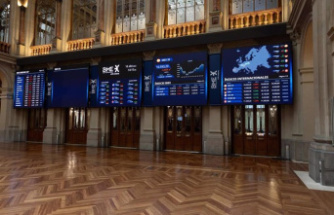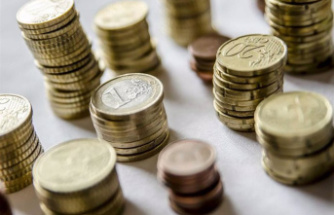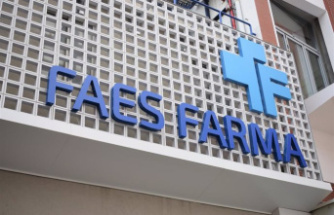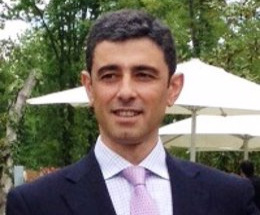BRUSELAS, 25 Oct. (EUROPA PRESS) -
The energy ministers of the European Union concluded their meeting in Luxembourg on Tuesday without an agreement on a gas price ceiling and other urgent measures to intervene in the energy market due to the strong division between the countries regarding solutions, with Germany and Low as the most reticent, and will meet again in a month's time if negotiations at the technical level do not resolve the key stumbling blocks.
A week after the European Commission presented its latest emergency package to reduce the energy bill and the leaders urged Brussels to specify the measures, the ministers ended their meeting noting that there are still "deep differences" in key elements, as the Czech deputy prime minister and head of Energy, Jozef Síkela, said at the end of the day at a press conference.
Síkela, whose country holds the rotating presidency of the EU this semester and leads the negotiations, has announced that in the absence of progress, space will be left for the technicians to advance in the talks and a new extraordinary council of energy ministers will be held on November 24, with the challenge of "agreeing on these measures".
"I hope I don't have to ruin Christmas for the ministers," the Czech politician joked to stress the urgency of acting in the market before the end of the year -- even though the price of gas has dropped below 100 euros per megawatt hour (MWh)-- and point out the impatience of some partners at the lack of "concrete" measures by the Commission.
"The game is not over and that is why we need emergency measures no matter where we are on the (price) curve," he argued, to ensure that there are instruments that can be activated "in the event of great volatility again."
Síkela has considered that the debate this Tuesday at Twenty-seven adds "another important piece to the puzzle" but has warned that the latest contribution from the Community Executive with the pros and cons of generalizing the so-called 'Iberian exception' to the rest of the community market "does not It is a proposal and we need a proposal to be able to move forward".
Among the stumbling blocks to the agreement, the firm rejection of Germany and the Netherlands to put a flexible cap on the price of gas purchases for fear that this would result in the impossibility of finding reliable sellers in the market at low prices remains unchanged. in times of difficulty. Also colliding with the German and Dutch reservations is the possibility endorsed by the EU Heads of State and Government at their last summit of extending the Iberian model to the rest of the European Union.
The Czech minister has confirmed that the European Commission and "some Member States" do not see the best way forward in the Iberian system because they prefer alternative initiatives, but has insisted that in order to evaluate it, Brussels must comply with what has been entrusted to it and present a legal text and an impact study.
In an informal document, the community services have transferred to the capitals that extending to the rest of the EU the system by which Spain and Portugal can temporarily limit the price of gas used to generate electricity would allow savings of some 13,000 million euros and would have a beneficial impact on inflation.
Among the risks, community services point out that consumption could skyrocket to a great extent due to the increase in flows of subsidized electricity to non-EU neighbors, such as the United Kingdom or Switzerland, which, added to the increase within the EU, could lead to a "volume of additional gas consumption of between 5,000 and 9,000" million cubic meters (bcm).
Brussels and the countries that export the most electricity to other non-EU countries are also concerned about how to resolve the possible sale of electricity at a subsidized price to these neighbors who do not participate in the system when compensating for that ceiling at the price of gas, although Spain and Other supporters of the measure point to the option of a border adjustment in the form of a double auction as a solution.
"The Commission must present much more specific proposals on gas price corridors," said the third vice president and head of Ecological Transition, Teresa Ribera, in statements to the press at the end of the meeting in Luxembourg.
"Many member states have asked him to be much more precise about how the Iberian model would be applied," continued Ribera, for whom the appointment has not allowed "much progress" to be achieved, but it has allowed the demands to be specified.













